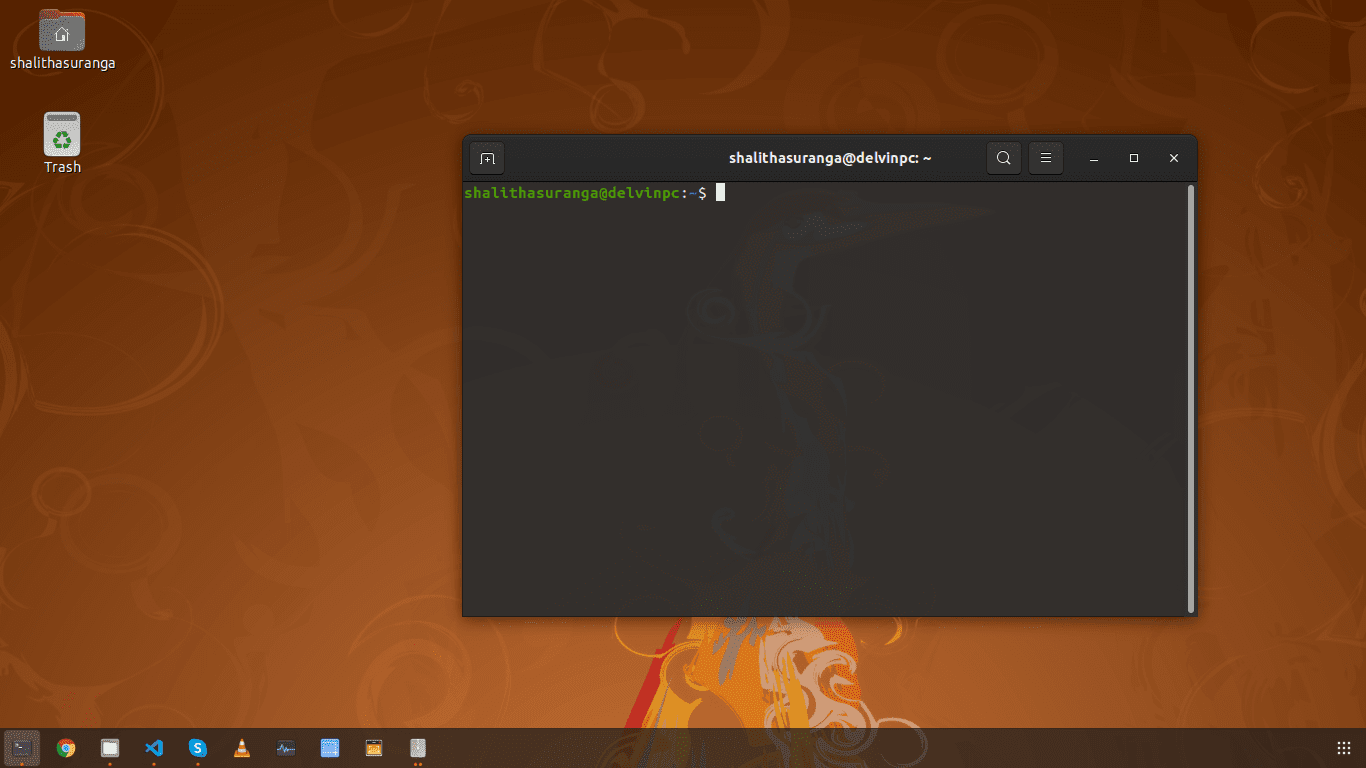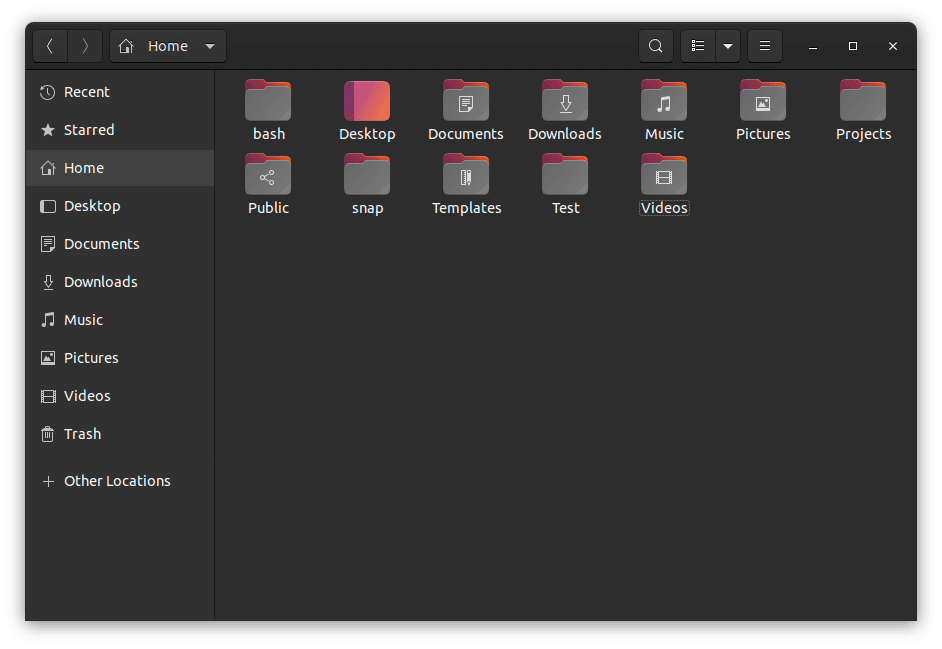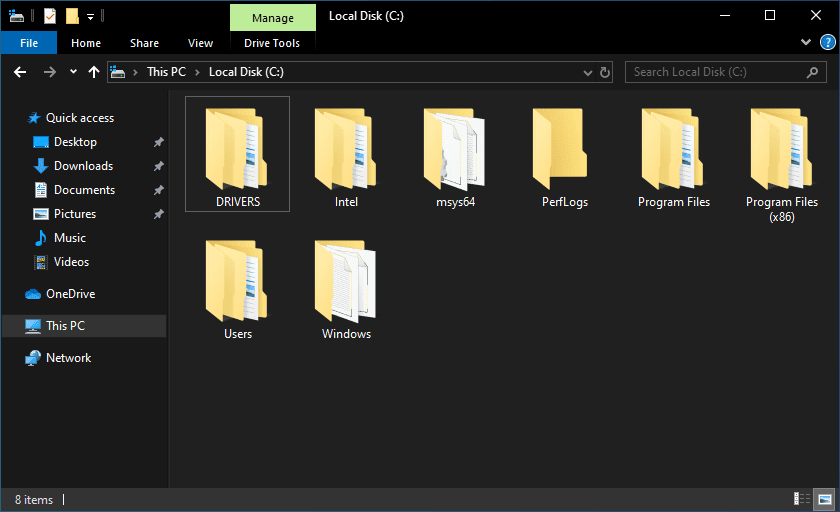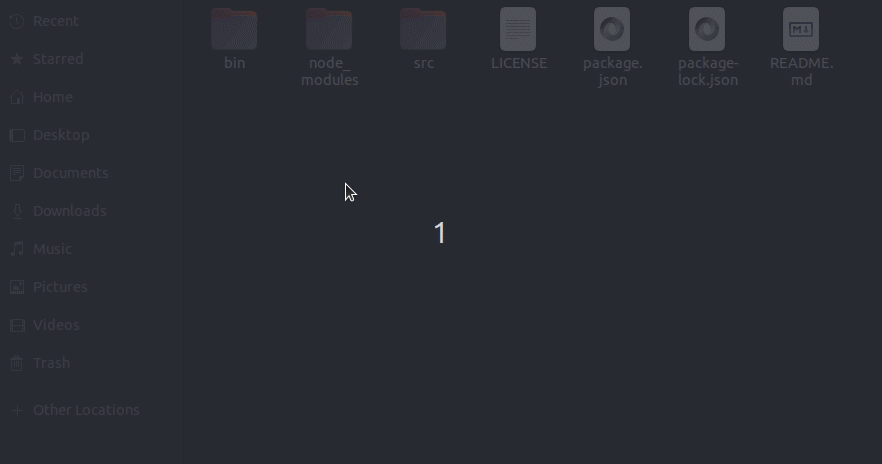Source: Medium
I was a fan of Windows 98, 2000, XP, 7, and 10. But, I finally decided to use Ubuntu forever.

In fact, If there is no operating system (OS) installed the computer becomes a worthless device because the operating system is the intermediate interface that connects the user to the hardware and vice versa. People choose operating systems according to their preferences and what they do. Besides, some people had to go with an operating system that is given by their preferred hardware device (Apple computers come with macOS).
My first computer was a Pentium II one and it had Windows 98 installed when I purchased it in 2008. Thereafter, I used Windows 2000 for several months. Like most die-hard Windows fans, I used Windows XP and 7 for a long time. Before I completely switched to Ubuntu, my favorite OS was Windows 10. As everybody says, freedom is a key factor that leads us to choose a Linux distribution instead of a proprietary operating system. But, Windows was okay for me until they patch the graphical user interface (GUI) for Windows 7. I switched to Linux mostly due to the following key factors.
Stability and Performance

Windows 10 needs at least 8GB physical memory to run the operating system properly, but having 16GB is really helpful when you are running multiple applications at the same time. On the other hand, the latest Ubuntu version runs fine with just 4GB RAM and it takes less space on the storage than Windows 10. I think that the latest versions of Windows have a bit messed-up system architecture because most of the components and modules look like bloatware. According to my thoughts, the main reason is that Microsoft tried to modernize existing core components by plugging new modules right after Windows XP which was faster like Ubuntu even for 128MB RAM. For example, some parts of OS consist of completely new and modern UI elements (UWP) while the other parts are still having old fashioned Windows 7-style UI elements.
Indeed, Ubuntu has a great separation of the UI and the system core. There are no GUI-based applications for lesser-used utilities. Furthermore, it will not offer everything at the installation, but it allows users to install things when there is a particular requirement. Users with low-end computers can go with lightweight desktop environments. On the other hand, Windows ignores low-end devices. Undoubtedly, the Windows update mechanism is giving a headache to the users, and Linux has a smooth user-friendly system update. Surprisingly, the newly introduced Ubuntu LivePatch upgrades Kernel without even a restart.
Minimalist and Futuristic Design
The latest versions of Ubuntu include the GNOME desktop environment which is my favorite. GNOME has a minimalist and futuristic design with consistent UI elements in all the places. Importantly, desktop icons and the Dock like features come as extensions, and there are many extensions out there which can be installed according to your preference. GNOME basically gives us what is really needed rather than over-complicating everything.
For example, just compare the file manager application on both Ubuntu and Windows.


Developer-friendly Environment
It is true that Linux requires some technical knowledge compared to Windows to get started. Whereas, it seems like the Canonical team is putting more effort to improve Ubuntu to cover general computer users’ needs by offering things such as the Ubuntu software store. However, this developer-friendly environment was a major reason for me to switch to Ubuntu. Ubuntu has helpful built-in tools: GNU C/C++ compiler collection, make, etc. Moreover, it runs containerization tools like Docker more efficiently than Windows, because the Linux architecture supports the containerization concept better than Windows does. The Linux ecosystem motivates us to use command-line tools for various situations.
Even a simple menu option on the context menu motivates developers amazingly.

Security
In fact, security is a major concern in any digital platform. We all faced at least one malicious attack somewhere. Once I was using Windows XP, I had an issue that was caused by the Brontok virus. It opened a web page frequently every few minutes. Nowadays, most malicious programs try to steal personal data, and we have to think twice about the security of our operating system. Linux still has a few (~2%) market share in the general-purpose users’ segment compared to Windows. Therefore, there are not so many malicious programs that target Linux users. Meanwhile, around ~78% of personal computer users are using Windows by getting the attention of malicious program creators.
Operating system security is not just about malware. Authentication, hardware protection, and network security are also parts of OS security. Ubuntu source has been released as an open-source project. Therefore, there is a higher probability to detect system vulnerabilities unlike Windows because the community is involved with the source code.
Conclusion
Nowadays, everything is going towards the cloud ecosystem and that is inevitable. Therefore, the operating system becomes just a broker that fills the gap between the user and the hardware. Computer hardware is also getting cheaper and powerful day by day. Besides, Hybrid applications are acquiring native applications that closely live with the operating system. So, for general users, it doesn’t matter which OS is running on the computer. However, as developers, we really care about it a lot.



WIN10 Pro is my main OS, with Fedora Cinnamon Spin, CentOS Stream ‘n Puppy Linux 9.5 next. Moved away from Ubuntu recently due to a problem w/ their new 20.04 LTS not getting along on my AMD test machine w/ a GeForce 1660 GPU…worked fine on Intel w/o Nvidia?!? Anyway, went back to Ubuntu 18.04.5 LTS since it works on all 6 of my computers. 20.10 is also working on everything…rock solid ‘n stable! 20.04 was a major move by Ubuntu and am sure it get fixed next update. I scroll a lot w/ the mouse which is one reason WIN10 Pro is my main OS. Fedora, CentOS ‘n Puppy are mainly used because I can be root fulltime – which avoids the annoying “Authenticate” popups prompting for passwords. Great little blog you have going here…Later!